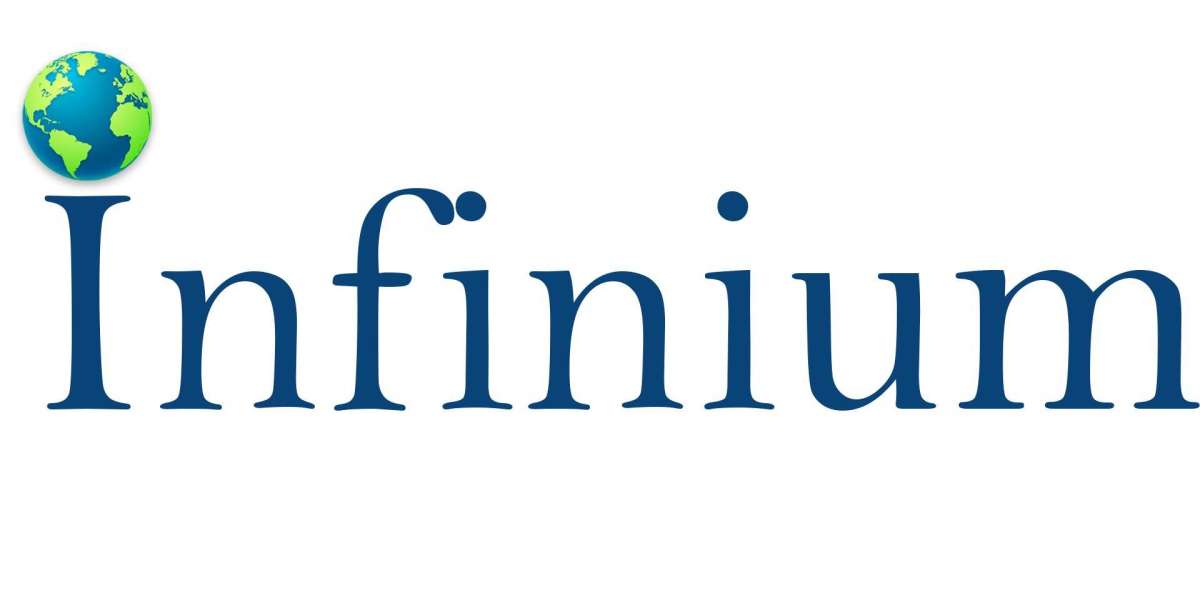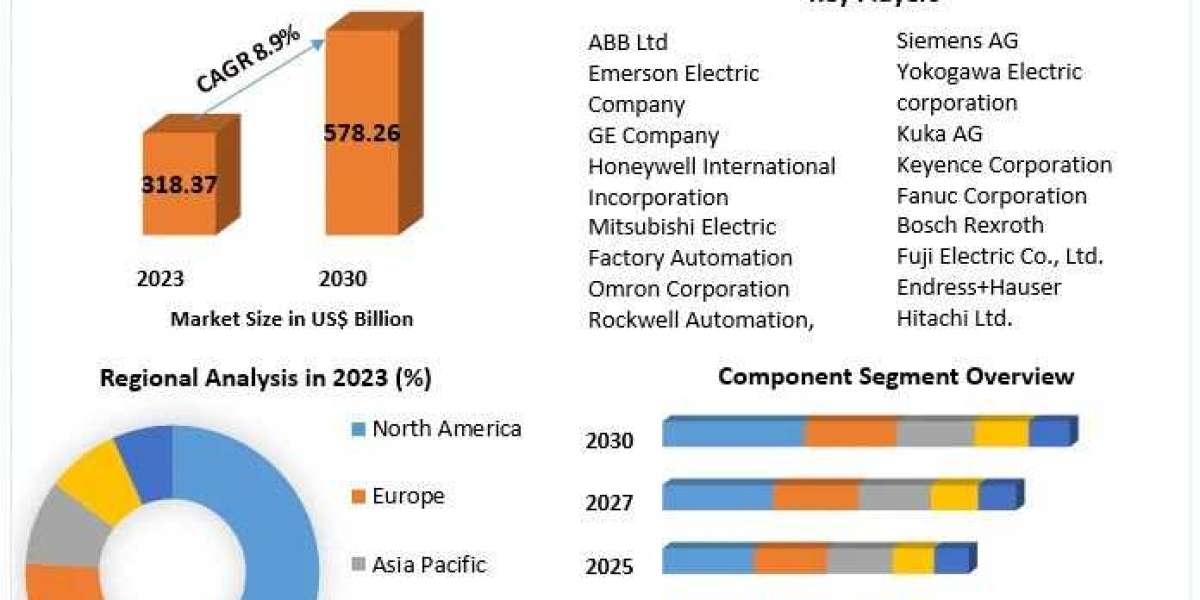Market Dynamics:
Drivers
- Rising Energy Costs: Increasing energy prices drive the adoption of EMS solutions to manage and reduce energy expenditures.
- Regulatory Compliance: Government regulations and standards aimed at improving energy efficiency and reducing carbon emissions drive demand for EMS.
- Technological Advancements: Innovations in EMS technologies, including smart meters and data analytics, enhance market growth.
- Sustainability Goals: Organizations and governments are increasingly focused on sustainability and reducing environmental impact, which drives the adoption of EMS solutions.
Challenges
- High Implementation Costs: The initial investment required for implementing EMS solutions can be significant, potentially limiting adoption for some organizations.
- Complex Integration: Integrating EMS with existing infrastructure and systems can be complex and require specialized expertise.
- Data Security: The collection and analysis of energy data raise concerns about data security and privacy.
Opportunities
- Technological Innovations: Advances in IoT, artificial intelligence, and data analytics present opportunities for enhancing EMS capabilities and performance.
- Growing Demand for Smart Buildings: The trend towards smart buildings and automation drives the adoption of advanced EMS solutions.
- Emerging Markets: Expanding into emerging markets with increasing energy needs offers growth opportunities for EMS providers.
Regional Analysis :
North America: The market is driven by a focus on energy efficiency and regulatory compliance. The U.S. and Canada are key players, with significant investments in advanced EMS solutions.
Europe: Europe has strong regulatory frameworks and incentives for energy efficiency, driving market growth. The region is also a leader in adopting advanced EMS technologies.
Asia-Pacific: Rapid industrialization and urbanization drive market growth, with significant investments in EMS solutions in countries like China, Japan, and India.
Latin America: The market is emerging, with growing interest in energy efficiency and sustainability initiatives in countries such as Brazil and Mexico.
Middle East Africa: The market is in its early stages, with increasing interest in energy management driven by large-scale infrastructure projects and energy diversification.
SAMPLE PAGES OF REPORT: https://www.infiniumglobalresearch.com/reports/sample-request/1037
Market Segmaentation:
By Technology:
- Hardware: Includes smart meters, sensors, and control systems.
- Software: Includes energy management platforms and analytics tools.
- Services: Includes consulting, implementation, and maintenance services.
By Application:
- Residential: EMS solutions for home energy management.
- Commercial: EMS solutions for office buildings, retail spaces, and other commercial properties.
- Industrial: EMS solutions for manufacturing facilities and industrial processes.
- Utilities: EMS solutions for energy providers and grid management.
By End-User:
- Utilities: Energy providers and grid operators.
- Residential: Homeowners and residential buildings.
- Commercial: Businesses and office buildings.
- Industrial: Manufacturing and industrial operations.
competitive landscape:
Market Share
Large players dominate the market with established technologies and extensive experience in EMS solutions.
Price Control
Major companies can influence pricing due to their scale and technological advancements.
Competition from Smaller Companies
Smaller and emerging companies challenge larger players with innovative technologies and niche applications.
Key Players
- Schneider Electric: A leading provider of energy management and automation solutions.
- Siemens AG: Known for its advanced EMS technologies and smart building solutions.
- Honeywell International Inc.: Offers a range of energy management solutions for various applications.
- Johnson Controls International plc: Provides EMS solutions for commercial and industrial applications.
- Eaton Corporation: Specializes in energy management and optimization solutions.
REPORT OVERVIEW: https://www.infiniumglobalresearch.com/reports/global-energy-management-system-market
Future Outlook:
New Product Development
Innovation in EMS technologies, including enhancements in data analytics and integration capabilities, is expected to drive market growth and expand application areas.
Growing Demand for Smart Buildings
The trend towards smart buildings and automation supports the adoption of advanced EMS solutions, contributing to future market expansion.
Conclusion:
The energy management system market is poised for growth, driven by rising energy costs, regulatory compliance, and technological advancements. While challenges such as high implementation costs and complex integration exist, opportunities in innovation and emerging markets offer significant potential. Companies that focus on technological innovation and market expansion are well-positioned for success in this evolving industry.



